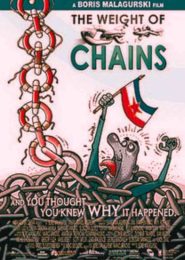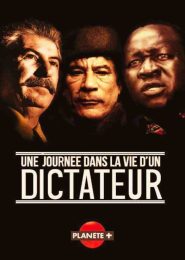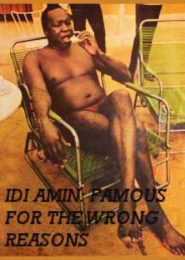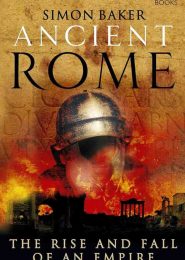The Man Who Walked Across the World: Adventures of Ibn Battuta (2007)
The Man Who Walked Across the World: The Adventures of Ibn Battuta is a captivating three-part documentary series that delves into the extraordinary life and travels of Ibn Battuta, a 14th-century Moroccan scholar and explorer. His remarkable journey spanned 75,000 miles, traversing 40 countries and three continents over a 30-year odyssey.
Here’s a more detailed synopsis of each episode:
- Wanderlust:
- Ibn Battuta’s wanderlust leads him across vast landscapes, from bustling markets to remote villages. He explores the place of Islam in Hindu-dominated India and communist China.
- In India, he encounters diverse cultures, religious practices, and architectural wonders. His interactions with locals reveal the rich tapestry of human existence.
- In China, he meets a clan that traces its ancestry back to Arabs. Witnessing an illegal Arabic lesson, he uncovers the enduring influence of Islamic culture.
- Magicians and Mystics:
- Ibn Battuta’s path takes him to mystical realms, where he encounters sufis, shamans, and spiritual seekers. He delves into the esoteric aspects of his journey.
- His encounters with magicians and mystics provide insights into the spiritual dimensions of the places he visits. These encounters shape his understanding of the world beyond the physical.
- Trade Winds:
- The bustling trade routes of the 14th century come alive as Ibn Battuta explores the Islamic trade empire. He witnesses the exchange of goods, ideas, and cultures.
- From bustling bazaars to maritime ports, he unravels the intricate web of commerce that connected distant lands. His travels reveal the interconnectedness of humanity.
- Through Ibn Battuta’s eyes, we glimpse a world where caravans carried silks, spices, and stories, and where merchants forged bonds across borders.
This series celebrates Ibn Battuta’s insatiable curiosity, courage, and resilience. His legacy endures as one of the greatest travelers and explorers in history, bridging cultures and eras.




